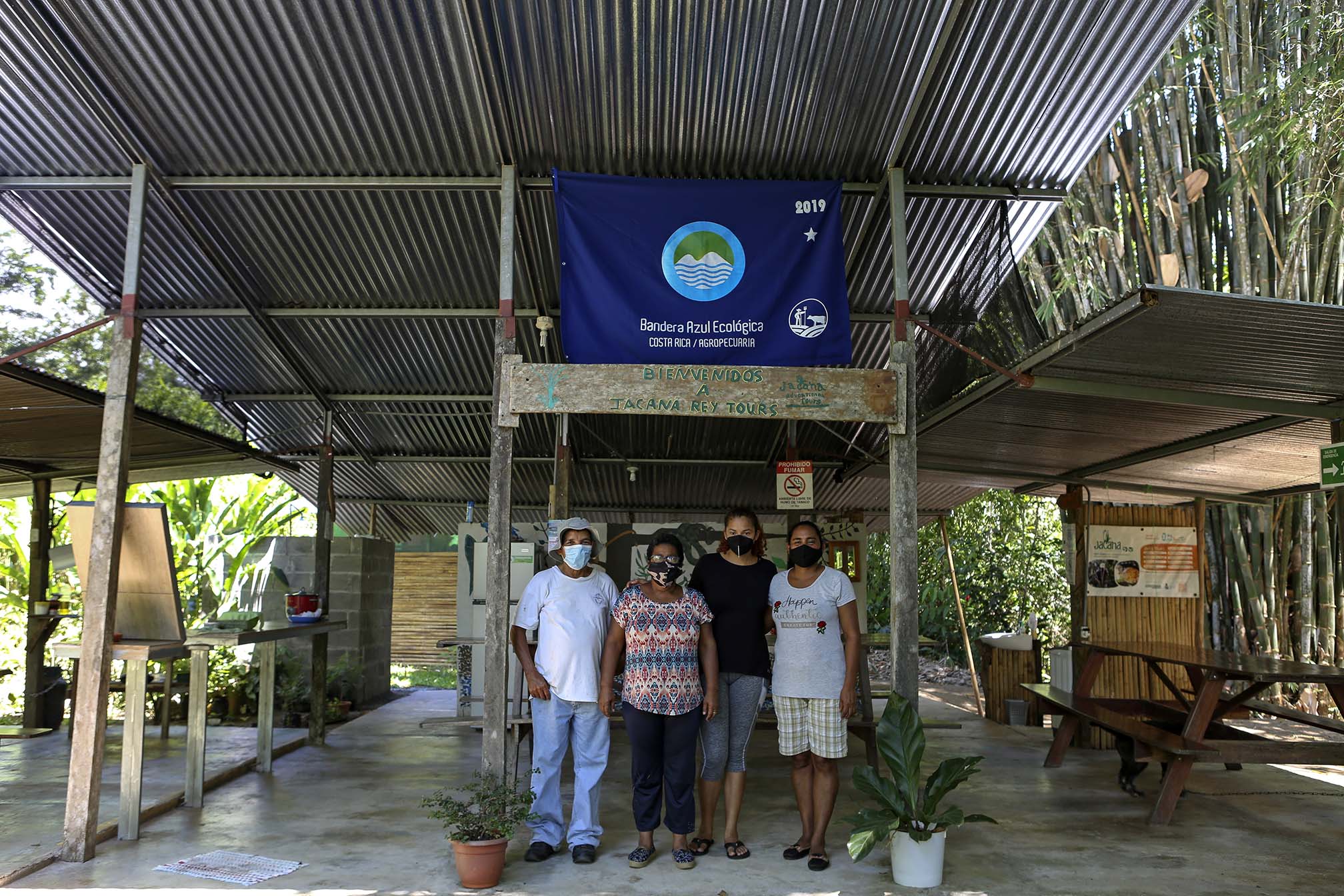“Everything, and nothing,” says Jorge Fallas with a laugh when asked what he’d change about Costa Rica’s small business certifications.
What does this mean? Well, the president of the Rural Community Tourism Chamber echoes what other entrepreneurs have said during El Colectivo 506’s deep dive into the world of small business certifications: business certifications in Costa Rica can offer valuable lessons and incentives, but also tend to be a paperwork nightmare. Sometimes, that nightmare is created by the entity offering the certificate, but the other processes necessary to get there—the general bureaucratic sludge of starting and running a small business in a country known for its red tape.
El Colectivo 506 consulted Jorge and other entrepreneurs through surveys, interviews, and our Emprendedores 506 chat on WhatsApp chat. Many said that certifications such as the Small Business Seal, the Tourism Declaration and the Certificate of Sustainable Tourism had opened doors for them: to new customers and relationships, tax exemptions, business fairs, and more. However, many also pointed to a disconnect between what national public entities expect entrepreneurs to present, and the reality on the ground.
“What you see online is one thing, and the implementation is another,” Jorge says. “For a public official, it’s really easy to say ‘OK, these are the requirements, ABCD. You present them: it’s very easy.’… It’s not that much that you have to present, but to get to those papers, you have to pass through Cavalry.”
Emprendedores 506 participant Erick Mora, an entrepreneur, professor and author, says that he thinks communication about certifications should be improved and expanded so that more entrepreneurs, as well as consumers, understand them better. However, he also says that changes must be made to the way markets work so that certifications have more real value, making them a tool rather than something to check off the list.
“Certification is a good thing,” he says. “I don’t think we need to change the certifications. We need to change the systems upon which certifications operate.”
What are the most important certifications available to small businesses in Costa Rica—especially in the rural tourism sector, our special area of focus? What benefits do they provide, and why do so many small businesses miss out? What do these seals, logos and stamps of approval mean for travelers who hope to make a positive difference when they travel to Costa Rica?
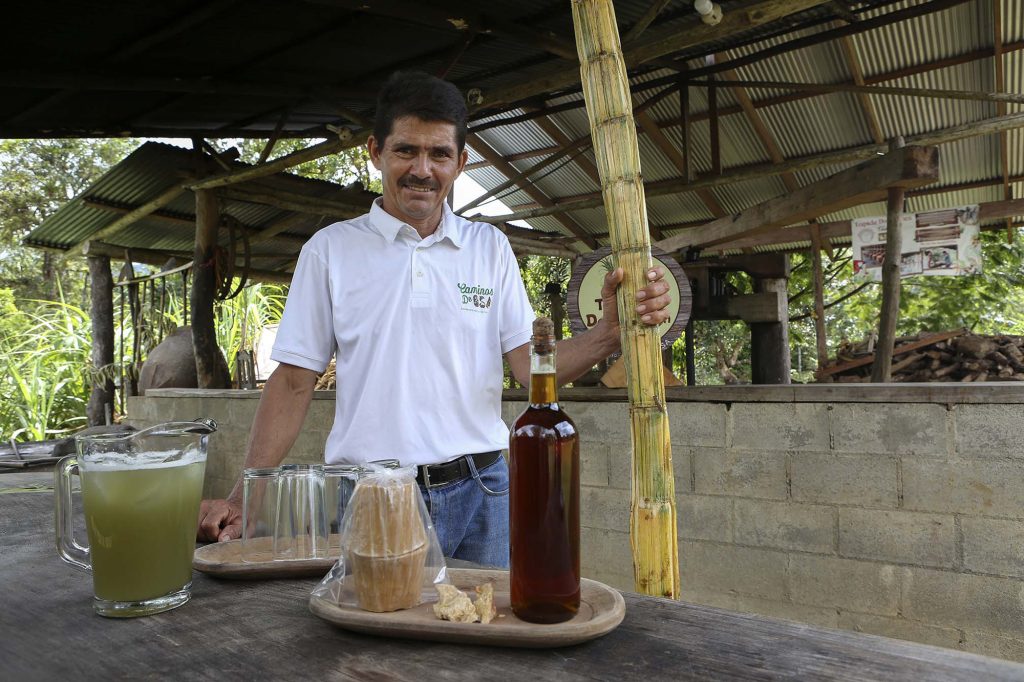
The first step on the ladder
From the vast amount of information that emerges from our research, one clear instruction emerges: an essential, and relatively simple, first step that a MIPYME can take to gain access to several key benefits is to register with the Ministry of the Economy, Industry and Commerce (MEIC) and request the PYME Seal, or Sello PYME.
Those consulted agreed that this is a first step on the ladder of other certifications; provides significant tax exemptions; and grants access to fairs and training that can boost a business. What’s more, because the PYME Seal doesn’t assess quality, it’s a quicker process than the other certifications on our list.
A little background: Micro, small and medium enterprises (MiPYMES, in Spanish) account for more than 95% of Costa Rica’s business sector, according to the PYME Observatory of the Costa Rican Technological Institute and National Distance Education University (UNED). Official designation in one of these three categories is given by MEIC based on a formula that takes into account the number of employees (which is weighted at 60%), sales (30%), and assets (10%).
Gabriela León, the director of MEIC’s PYME division, explains that the average number of employees per category stands at four for microenterprises, 10 for small, and 28 for medium. (Travelers: use these measures as you cast your mind back over the businesses you visited during your trip to Costa Rica, and you’ll probably quickly confirm just how essential and ubiquitous MiPYMES are in most any rural trip.) Her division shares resources, information and training opportunities with enterprises with its more than 28,000 PYMES.
To register, an enterprise must meet any two of the following three requirements:
- Registry as an employer or (for a one-person business) independent worker with the Costa Rican Security System (Caja)
- Registry with tax authorities (Tributación) as a contributor, whether in the traditional or simplified regimen
- Purchase of a labor risk insurance policy from the National Insurance Institute (INS)
Unlike many other certification processes, the PYME registry doesn’t require entrepreneurs to upload any documentation of these things, Gabriela explains. You simply provide your personal or institutional identification number (cédula física o jurídica) and fill out a sworn online declaration to provide key information about your business, and the MEIC will cross-check with the relevant government entities to confirm which requirements you’ve fulfilled.
Once registered, you can request the PYME Seal, which you can display on your materials. If you have a cédula júridica, you’ll be exempt from the annual tax levied on legally established institutions; if you’re a micro or small business renting a commercial property, you may be eligible for tax exemptions; and if you’re a microbusiness paying for health insurance for employees, those payments will be reduced, scaling up over a four-year period. Other benefits including favorable access to loans and credits, and participation in the annual EXPOPYMES fair, also apply.
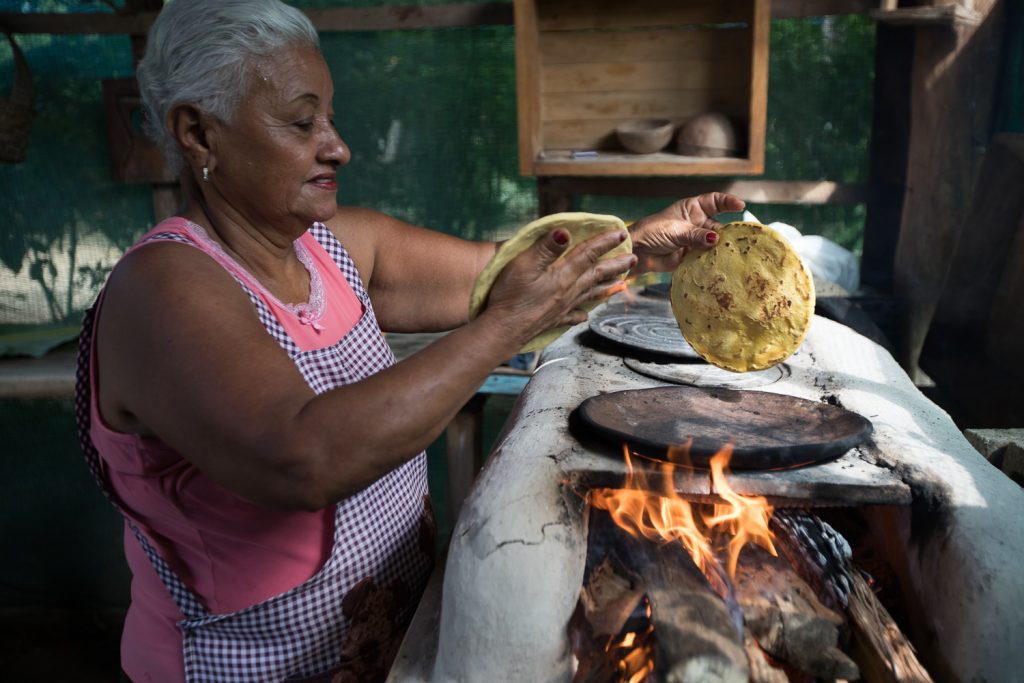
Both Gabriela and Jorge, from the Rural Community Tourism Chamber, say that the simplicity of the process doesn’t mean the registry is a no-brainer for small businesses. All three imply an investment, and, of course, paperwork. Registry with the Caja means that the business or entrepreneur will need to pay a monthly fee; registry with tax authorities means not only a tax burden, but also the need for accounting services; and, of course, buying labor insurance is another cost.
That’s why the MEIC reports approximately 28,000 MiPYMES registered out of what the Costa Rican Central Bank estimates as a total of 130,000 in the country, Gabriela says. And that is why one of the MEIC’s primary goals as an institution is to convert more informal businesses into formal businesses that are registered, pay taxes, provide health and workplace insurance for employees, and have access to the benefits the law provides for this sector.
However, taking your informal sales or side hustle to the next step as a formal business involves much more than the requirements for the PYME Seal. Depending on what you’re doing, you’ll need permits and approvals from a sea of entities including municipalities, the Health Ministry, and others. Making this morass of requirements more reasonable and easy to navigate for small businesses is a massive effort spearheaded at the government level through the National Strategy for a Transition to the Formal Economy, led by the Labor Ministry. Gabriela says that the working group—where participants include the MEIC, Hacienda, the Caja, the National Training Institute (INA), the International Labour Organization (OIT)—is chipping away at improvements that, so far, have included dedicated small-business windows at several municipalities, and changes to streamline Health Ministry inspection procedures.
Gabriela concludes by stating that businesses applying for the PYME Seal should not need to pay third parties to carry out the process for them, and that they should beware of scams. Government authorities never call small businesses to tell them they have to register with the MEIC or to offer them paid services to help them with the process—but scammers do, she says.
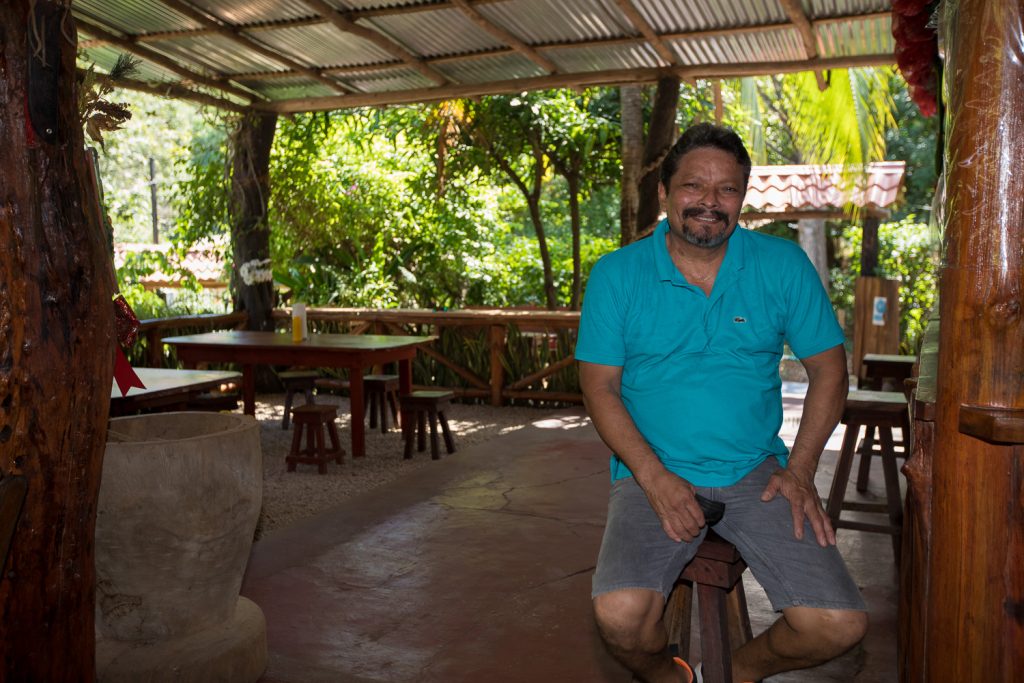
A host of other options
Beyond the PYME seal, certifications get more complex, since most assess the quality of services provided.
For tourism businesses, the next steps tend to be certifications from the Costa Rican Institute of Tourism (ICT). The first is the Tourism Declaration (Declaratoria Turística), which grants benefits including sales tax (IVA) exemptions, access to tourism fairs, and presence on the ICT webpage, among others. Approved businesses can also then apply for the Esencial Costa Rica brand through the ICT Marketing Department.
Both individuals and legally established businesses (entidades físicas y jurídicas) can apply, and you can also apply for a business or project that is not yet operating, ICT Project Analyst Vivian García explains.
Vivian and other ICT officials characterize the process as a simple one, but again, entrepreneurs point out that the steps required to prepare for the process itself are not simple at all. Jorge Fallas explains that many of the requirements on the list require external support—an engineer to help with wiring requirements before an inspection, specialists to draft documents necessary for health permits. The loose consensus from entrepreneurs who responded is that these processes are worth it, but take monumental patience; there’s no quick fix.
For businesses ready for an even more rigorous process, the Certification of Tourism Sustainability requires businesses to document and prove their positive impact and practices in areas including emissions, waste management, water and energy savings, and more. The government’s prestigious Blue Flag/Bandera Azul seal, which began as a recognition for clean beaches and now applies to a wide variety of institutions, is another way for businesses to certify their environmental practices.
The World Travel and Tourism Council’s Safe Travels seal, offered in Costa Rica through the ICT and developed in response to the pandemic, assesses a business’s capacity to protect visitors’ health; Great Place to Work certifies a business’s workplace culture; and a relatively new and very big kid on the block in Costa Rica, the B Corps Impact Assessment, takes businesses through a rigorous review of their social and environmental impact. The tool is free; businesses that reach minimum scores in all areas can become Certified B Corps and join a global community of businesses pursuing a “triple bottom line” of financial, social, and environmental returns for their investors. Join our Emprendedores 506 WhatsApp group to learn more about these topics.
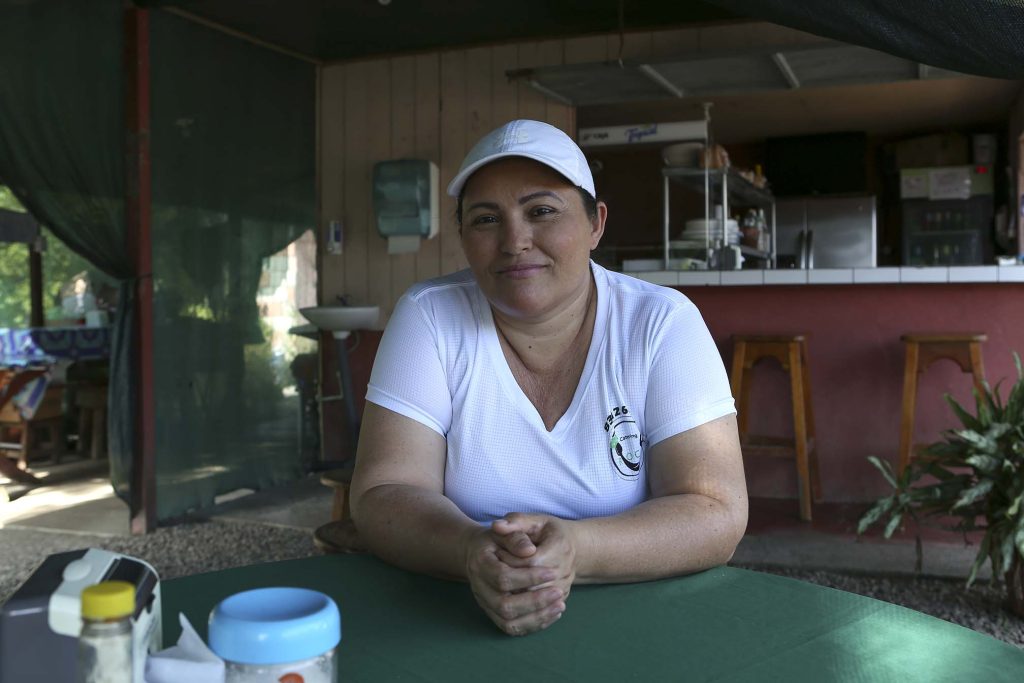
For consumers
Because certifications can be hard for many small businesses to attain for reasons unrelated to the quality of their services or impact, they shouldn’t be the only factor consumers take into account. However, they do offer valuable information for consumers who want to spend in a way that supports communities and the environment. They also help cut through terms that can otherwise become meaningless.
In her study “Certifications of Sustainable Tourism: Cases of Costa Rica and Spain,” Natalia Meza-Sánchez writes that the popularity of the term “sustainable tourism,” and the clients it can attract, “has allowed many businesses to take advantage of the wave of sustainable tourism, generating what is known within the tourism sector as ‘greenwashing,’ the abuse of eco or sustainable terms.”
There’s no incredibly easy way for consumers—particularly for international travelers, who are generally scrolling through vast quantities of options on platforms such as TripAdvisor—to sort through these considerations. However, based on our interviews and input, we have the following recommendations to make:
- Keep an eye out for logos. These certifications are hard to get, and businesses will generally display the logos proudly on their websites.
- Take a business’s age and maturity into account. If you’re booking at a sophisticated or renowned hotel billing itself as an ecolodge or sustainable tourism venture, and it doesn’t seem to have the Sustainable Tourism Certificate, you might ask why! For a very small or relatively new business, it might be a question of time and resources.
- Remember your power as a consumer: mention the certifications and values you look for to the businesses you choose! In our chat this week, more than one small business owner had never heard of any of the certifications we discussed. If you mention the certifications you look for as a consumer, you might be bringing new information to the attention of an entrepreneur—or if that person is already in the pipeline, you’ll be providing motivation by affirming that the hard work that enterprise is doing to get and stay certified, is worth it in terms of customer loyalty.
Read more tips for travelers in this week’s Tips 506:
Tips 506: How to plan a trip to Costa Rica with a positive impact


